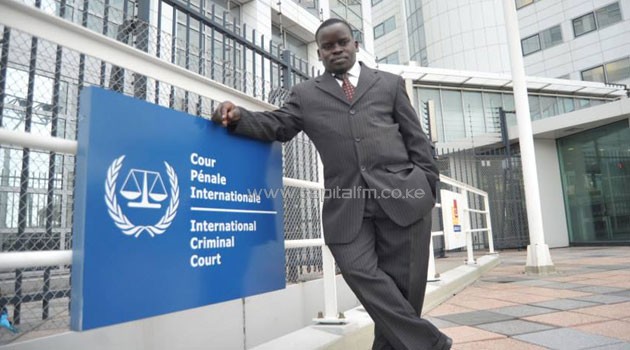
More than 1,100 people died and 650,000 were displaced by fighting that erupted after a disputed presidential election result in December 2007, and soon took on an ethnic dimension/FILE
The court’s Trust Fund for Victims (TFV) has a mandate to give humanitarian support to people who suffer from crimes committed within the ICC’s jurisdiction and which are being investigated by the Office of the Prosecutor (OTP).
But the TFV only announced last month that it intended to send a fact-finding mission to Kenya either this year or next to assess whether it would support projects there.
Kenya’s president, Uhuru Kenyatta is facing trial at the ICC on charges of orchestrating the violence. Deputy President William Ruto is already on trial there alongside former broadcaster Joshua arap Sang.
More than 1,100 people died and 650,000 were displaced by fighting that erupted after a disputed presidential election result in December 2007, and soon took on an ethnic dimension.
The Ruto/Sang trial got under way in September. Kenyatta’s is slated for October although prosecutors are currently searching for more evidence in order to send the case for trial.
Under the ICC’s founding treaty – the Rome Statute – the TFV can provide two types of support to victims – the payment of reparations to individuals following the conviction of an individual who perpetrated crimes against them; and humanitarian projects to provide physical or psychological rehabilitation and broader engagement to help victims recover from the effects of crimes.
The TFV has been providing this kind of support to victims in Uganda and the eastern Democratic Republic of Congo since 2007.
While the TFV is mandated to assist victims, it is not obliged to do so. In Kenya, it is the government which has the primary duty to support those who suffered during the violence of late 2007 and early 2008.
Last month, the TFV announced that delegates were preparing to visit Kenya.
“Assessment missions to Kenya and Cote d’Ivoire are foreseen in 2014-15, with the exact time schedule yet to be determined,” the TFV’s board announced in a press release on May 20.
The executive director of the TFV, Pieter de Baan, told IWPR that the visit to Kenya would focus on assessing the scale of suffering caused by the violence.
He declined to explain why the TFV had not come to Kenya earlier.
“The rationale of an injury assessment is to examine and analyse the specific characteristics and consequent harm within the situation before the court,” he said.








































